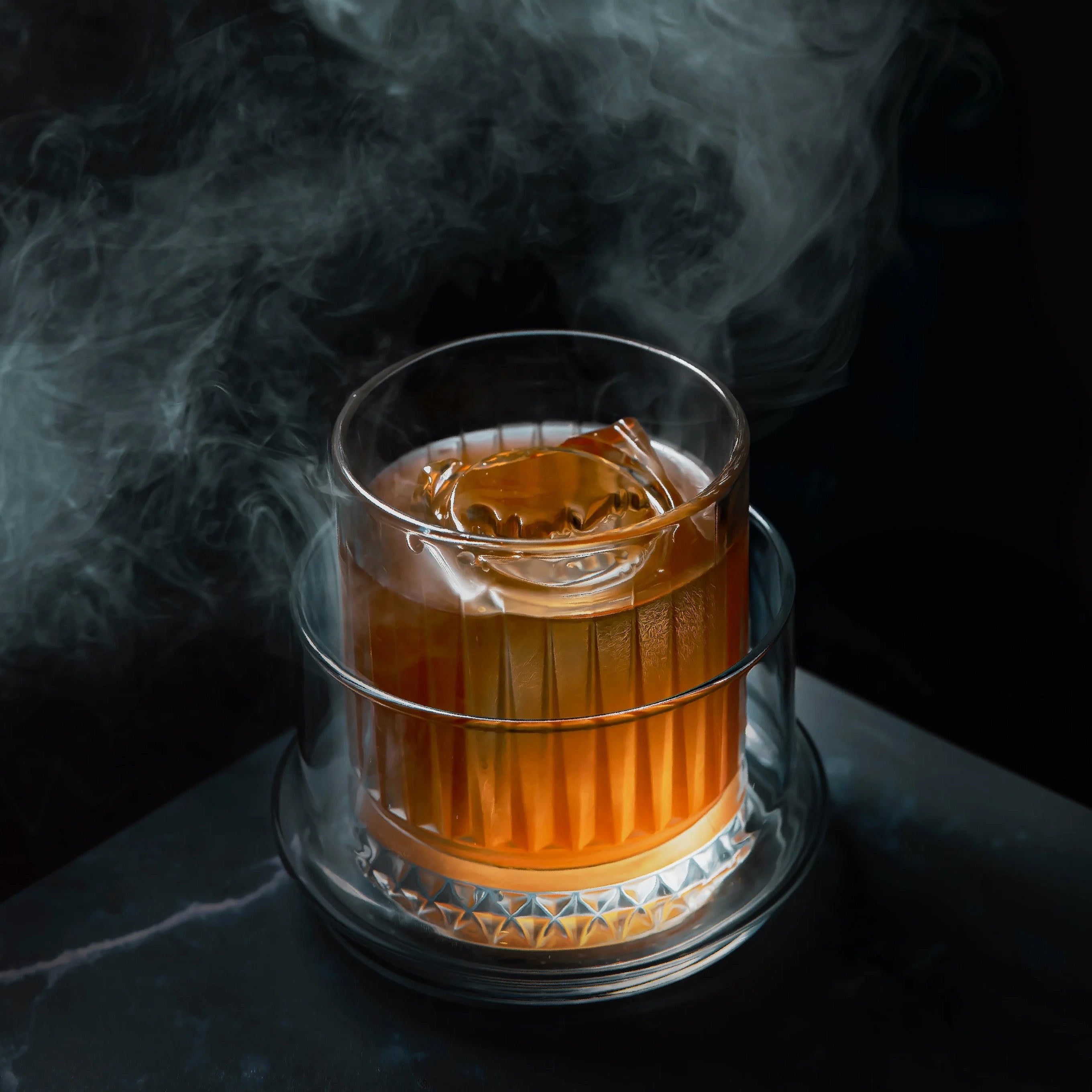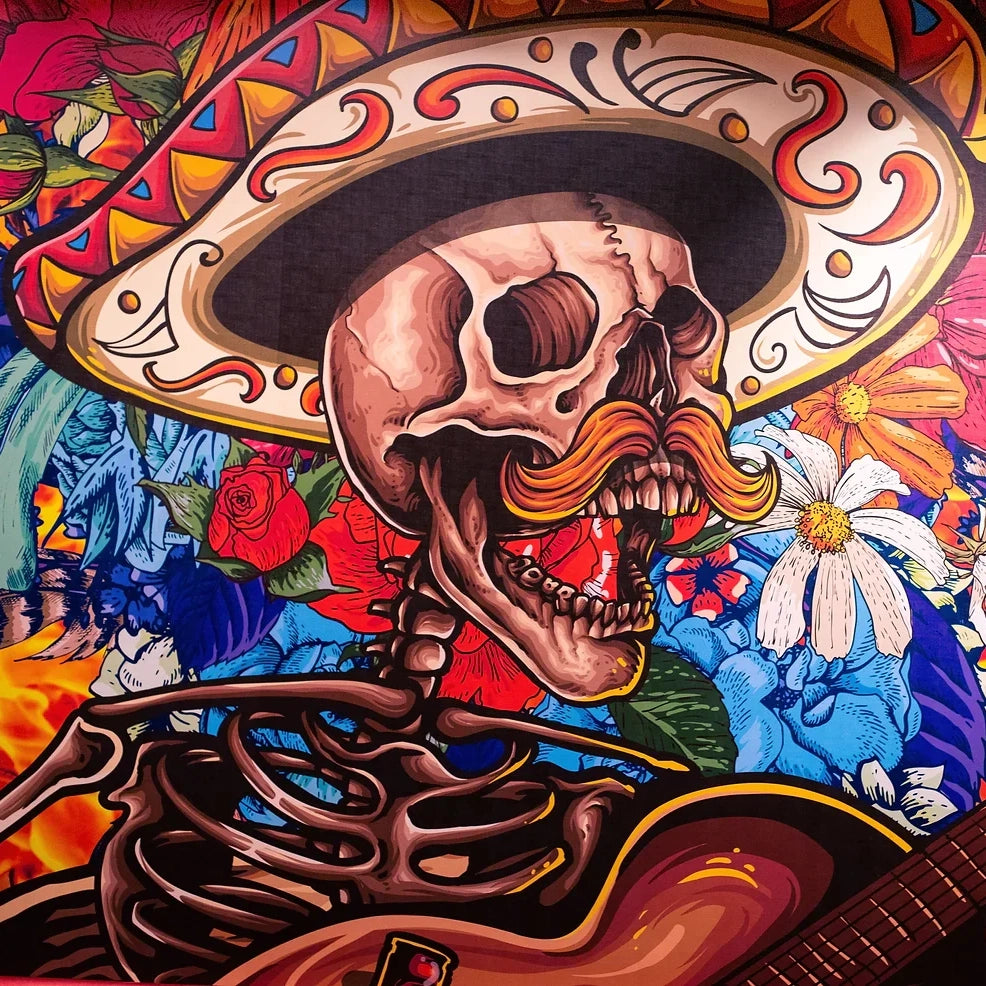Tequila mythology: The Aztec's Sacred Agave Plant and Tequila


Tequila has a rich and long history deeply intertwined with modern Mexican culture as well as the ancient culture of the Aztecs. To better understand what made Tequila what it is today, it is important to look into the past. In this article, we will explore the fascinating connection between the Aztecs, the Agave plant, and the evolution of Tequila.
The Agave Plant: Gift from the Gods
The Agave plant, known as "Maguey" in the Aztec language Nahuatl, held a central and multifaceted role in Aztec culture and mythology. Legend has it that the goddess Mayahuel, the deity of the maguey plant, was born from the bones of the deceased, symbolising her connection to fertility and nourishment. The maguey was revered for its versatility, serving as a source of food, fibre, and the sacred fermented beverage known as Pulque. This plant's sharp thorns and spiky appearance also held symbolic significance, representing the connection between life and death, making it a vital element in Aztec rituals, ceremonies, and daily life.
Pulque: The Ancestral Drink
Before Tequila, there was Pulque, a fermented beverage made from the sap of the Agave plant. The process of producing Pulque involved the extraction of the Agave's sap, known as Aguamiel, and fermenting it to create a mildly alcoholic drink. The Aztecs believed Pulque to be the nectar of the gods and used it in religious ceremonies and celebrations. Pulque not only played a pivotal role in spiritual and social gatherings but also had economic significance, as it served as a form of tribute and trade among different Meso-American civilisations, demonstrating the deep cultural and historical importance of this ancient Agave-based beverage.
The Birth of Tequila
The evolution of Tequila can be traced back to the arrival of Spanish conquistadors in Mexico in the early 16th century. These European explorers brought the knowledge of distillation with them, which would ultimately transform the way Agave-based beverages were made. Distillation allowed for the creation of a more potent spirit from the Agave plant.
The first primitive forms of Tequila, known as "mezcal wine" or "mezcal brandy," began to emerge. However, it wasn't until the 17th century that the term "Tequila" was first used, named after the town of Tequila in the Jalisco region, which would become the heartland of Tequila production. This marked the formalisation of Tequila as a distinct alcoholic beverage, setting it on the path to becoming one of Mexico's most iconic and internationally recognised spirits.
The Legend of the Blue Agave

Tequila Today: A Global Icon
Tequila is now a global phenomenon. The production process has been refined over the centuries, and Tequila is now classified into various categories, including Blanco, Reposado, and Añejo, each with its unique flavour profile and ageing process. Tequila is more than just a drink; it's a cultural symbol of Mexico and a testament to the enduring connection between ancient mythology and modern spirits. The Blue Agave continues to be at the heart of Tequila production, with Agave fields stretching across the Jalisco region and beyond. These fields not only sustain the industry but also showcase the deep-rooted traditions and craftsmanship that have been passed down through generations, making Tequila not just a beverage but a living representation of Mexican heritage and craftsmanship appreciated worldwide.
Tequila's journey from the sacred Agave plant of the Aztecs to the world-renowned spirit we enjoy today demonstrates the long-lasting power of mythology and tradition. The love for the Agave plant, the transformation of Pulque into Tequila, and the legend of the Blue Agave all contribute to the mystique of this beloved Mexican spirit. So, the next time you raise a glass of Tequila, take a moment to appreciate the ancient roots and mythology that have made it a cultural icon.
Click here to get more insights into the world of Tequila or to order Premium 100% Agave VIVIR Tequila. Remember to always drink responsibly, and enjoy your Tequila in moderation.

